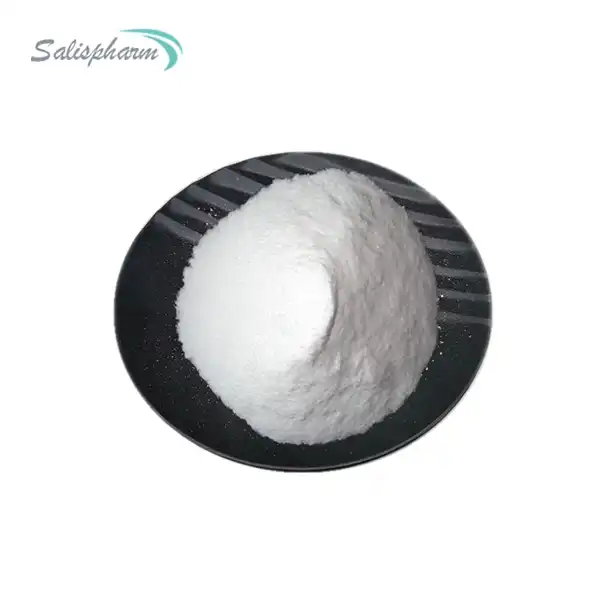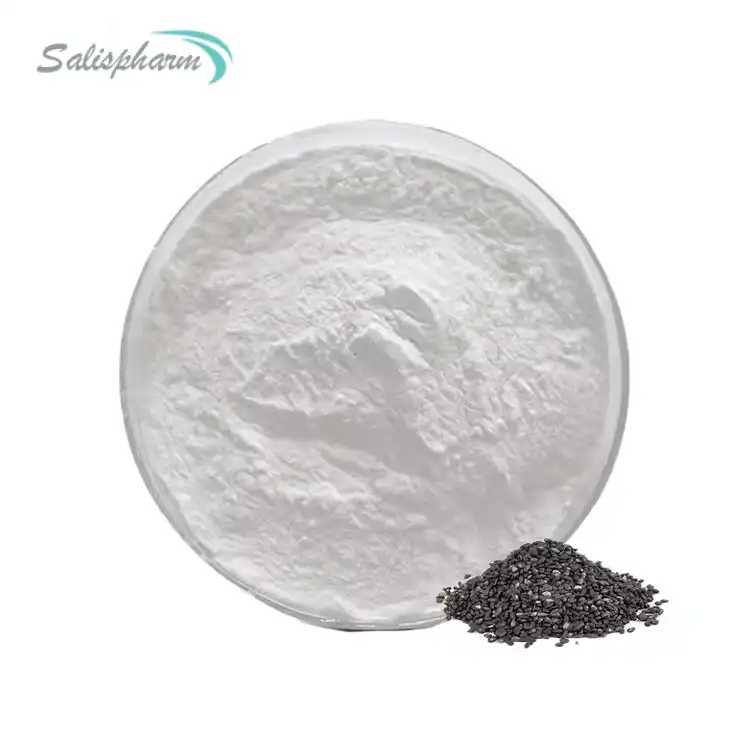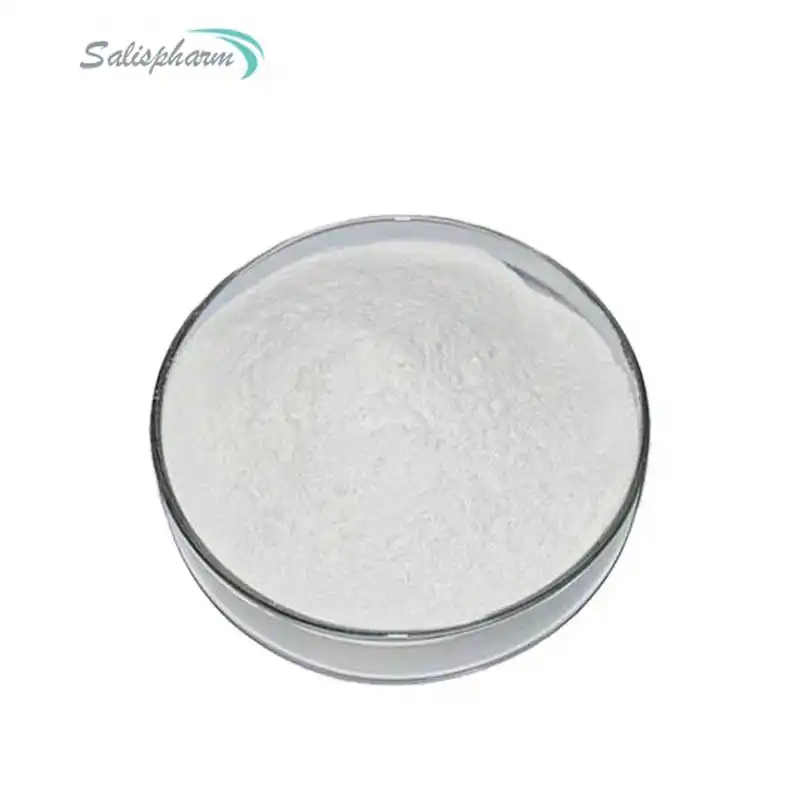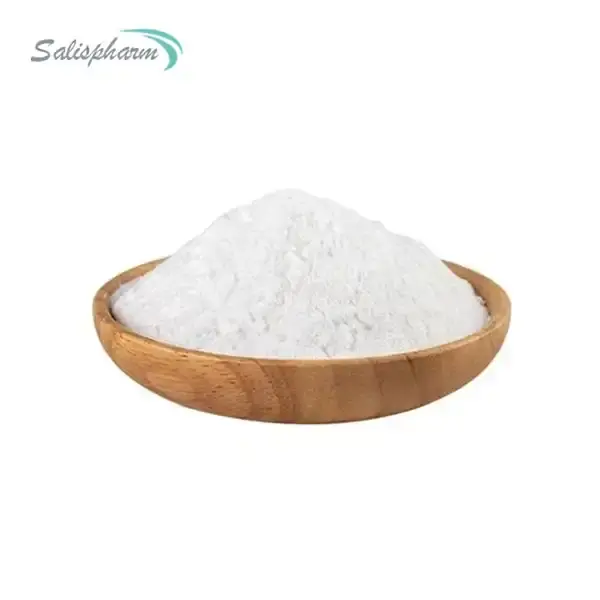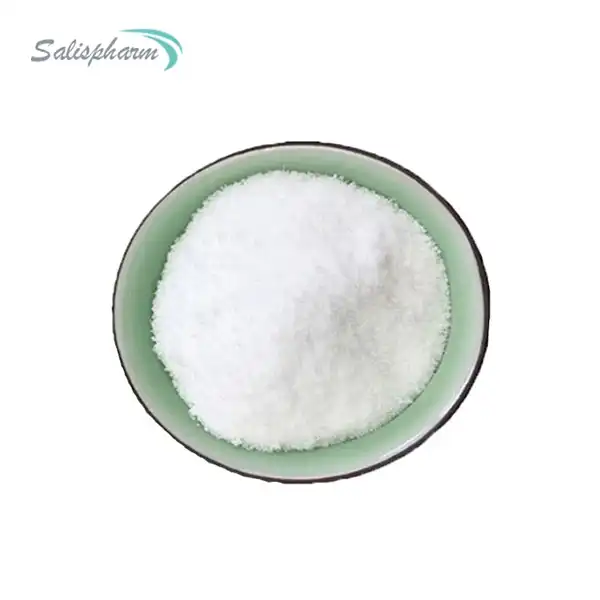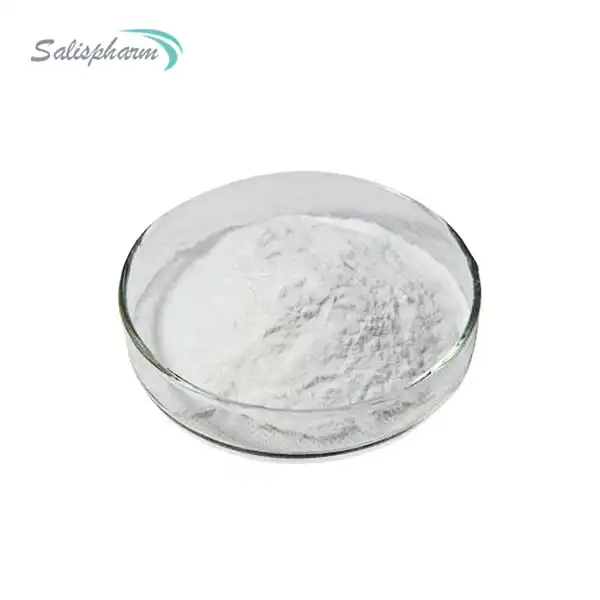Toothache can be one of the most excruciating and debilitating experiences, often causing significant discomfort and disrupting daily activities. When dealing with such intense pain, it's natural to seek quick and effective relief. One option that has gained popularity is the use of benzocaine powder, a topical anesthetic. However, before exploring this route, it's essential to understand the potential benefits, risks, and alternatives associated with using benzocaine powder for toothache.
What is Benzocaine Powder and How Does it Work for Toothache?
Benzocaine powder is a topical anesthetic commonly used to temporarily relieve mild to moderate pain and discomfort associated with various conditions, including toothache. It belongs to the ester anesthetic class of drugs and works by blocking the transmission of pain signals from the affected area to the brain.
When applied directly to the affected tooth or gum area, benzocaine powder can provide temporary relief from toothache by numbing the area and reducing the sensitivity to pain. This effect typically lasts for a short duration, ranging from 30 minutes to an hour, depending on the concentration and amount used.
It's important to note that benzocaine powder is intended for temporary relief and should not be considered a permanent solution for toothache. It merely masks the symptoms without addressing the underlying cause of the pain, which may require professional dental treatment.
How to Use Benzocaine Powder Safely for Toothache Relief?
If you choose to use benzocaine powder for temporary toothache relief, it's crucial to follow the instructions carefully and use it safely. Here are some guidelines:
1. Read the label: Carefully read and follow the instructions on the product label, including the recommended dosage and application method.
2. Clean the affected area: Before applying the powder, gently clean the affected area with warm water or a saltwater rinse to remove any debris or irritants.
3. Apply a small amount: Use only a small amount of benzocaine powder, as excessive use can increase the risk of side effects.
4. Avoid ingestion: Do not ingest or swallow the powder, as it can be toxic if consumed in large quantities.
5. Monitor for allergic reactions: Watch for any signs of an allergic reaction, such as rash, swelling, or difficulty breathing, and discontinue use immediately if any symptoms occur.
6. Limit use: Do not use benzocaine powder for an extended period or as a long-term solution. Seek professional dental care if the toothache persists or worsens.
It's also important to note that benzocaine powder should not be used in children under the age of 2 without consulting a healthcare professional, as they may be more susceptible to the risks associated with its use.
Are There Any Risks or Side Effects of Using Benzocaine Powder for Toothache?
While benzocaine powder is generally considered safe when used as directed, there are potential risks and side effects associated with its use, especially if misused or overused.
Firstly, benzocaine powder can cause allergic reactions in some individuals, leading to symptoms such as rash, swelling, or difficulty breathing. It's crucial to discontinue use immediately if any allergic symptoms occur and seek medical attention if necessary.
Secondly, prolonged or excessive use of benzocaine powder can lead to methemoglobinemia, a rare but potentially serious condition in which the blood's ability to carry oxygen is reduced. This can result in symptoms such as bluish discoloration of the skin, shortness of breath, and dizziness. Methemoglobinemia can be particularly dangerous for infants, as their bodies may not be able to handle the oxidative stress caused by this condition.
Additionally, benzocaine powder should not be ingested or swallowed, as it can be toxic if consumed in large quantities. Ingestion can lead to symptoms such as nausea, vomiting, diarrhea, and even seizures in severe cases.
It's essential to follow the instructions provided on the product label and consult with a dental professional or pharmacist if you have any concerns or experience any adverse effects.
- Addressing the Root Cause: When to Seek Professional Dental Treatment
While benzocaine powder can provide temporary relief for toothache, it's important to recognize that it does not address the underlying cause of the pain. Toothaches can be caused by various dental issues, such as:
1. Tooth decay or cavities: Untreated cavities can expose the inner layers of the tooth, leading to sensitivity and pain.
2. Dental infections: Infections in the tooth pulp or surrounding gum tissue can cause severe and persistent toothache.
3. Cracked or fractured teeth: Cracks or fractures in the tooth structure can expose the sensitive inner layers and cause discomfort.
4. Gum disease: Advanced gum disease (periodontitis) can lead to tooth pain, sensitivity, and even tooth loss if left untreated.
5. Impacted wisdom teeth: Wisdom teeth that have not erupted properly or are trapped below the gum line can cause significant pain and discomfort.
If the toothache persists or worsens despite using benzocaine powder, it's crucial to seek professional dental care. A dentist can perform a thorough examination, identify the underlying cause of the pain, and provide appropriate treatment options.
- Treatments may include:
1. Fillings or crowns: For cavities or cracked teeth, a dentist may recommend fillings or crowns to restore the tooth structure and alleviate pain.
2. Root canal treatment: If the toothache is caused by an infected or inflamed pulp, a root canal procedure may be necessary to remove the infected tissue and prevent further complications.
3. Tooth extraction: In cases of severe tooth decay, infection, or impacted wisdom teeth, tooth extraction may be recommended as a last resort.
4. Antibiotics: For dental infections, your dentist may prescribe antibiotics to help control the infection and reduce pain and swelling.
5. Gum treatment: If the toothache is related to gum disease, your dentist may recommend a deep cleaning procedure (scaling and root planing) or other periodontal treatments to address the underlying issue.
It's important to seek prompt dental treatment to prevent the condition from worsening and potentially leading to more severe complications, such as abscesses or the spread of infection.
What Are the Alternatives to Using Benzocaine Powder for Toothache?
While benzocaine powder can provide temporary relief for toothache, it's important to consider other alternatives, especially if the pain persists or worsens. Some alternative options include:
1. Over-the-counter pain medications: Non-steroidal anti-inflammatory drugs (NSAIDs) like ibuprofen or acetaminophen can help alleviate pain and reduce inflammation associated with toothache.
2. Cold compress: Applying a cold compress or ice pack to the affected area can help reduce swelling and numb the pain temporarily.
3. Salt water rinse: Rinsing your mouth with warm saltwater can help reduce inflammation and promote healing by flushing out irritants and bacteria.
4. Clove oil: Clove oil has natural analgesic and anti-inflammatory properties that can provide relief from toothache when applied topically to the affected area.
5. Dental treatment: Seeking professional dental care is crucial for addressing the underlying cause of the toothache, whether it's a cavity, infection, or other dental issue. Dentists can provide appropriate treatment, such as fillings, root canals, or extractions, to alleviate the pain and prevent further complications.
It's essential to remember that while benzocaine powder may provide temporary relief, it should not be used as a substitute for proper dental care. If the toothache persists or worsens, it's crucial to consult a dentist for a proper diagnosis and treatment.
If you are also interested in this product and want to know more product details, or want to know about other related products, please feel free to contact iceyqiang@aliyun.com.
References:
1. American Dental Association. (2021). Toothache: What to Do.
2. U.S. Food and Drug Administration. (2019). Benzocaine and Methemoglobinemia: A Potentially Life-Threatening Adverse Effect.
3. Medline Plus. (2022). Benzocaine Topical.
4. Healthline. (2021). 8 Home Remedies for Toothache Relief.
5. Mayo Clinic. (2022). Toothache. 6
6. WebMD. (2022). Toothache Home Treatment.
7. American Academy of Pediatric Dentistry. (2020). Anesthetics Used in Dentistry.
8. American Dental Association. (2022). Dental Anesthesia.
9. National Institutes of Health. (2021). Methemoglobinemia.
10. Cleveland Clinic. (2022). Toothache: Management and Treatment.



